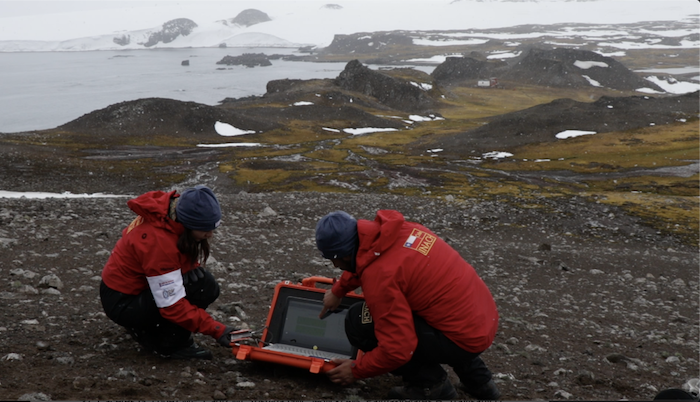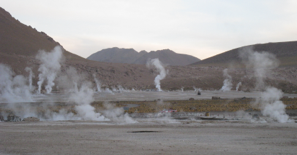Principal Aims Years 12-22 (2022-2032)
Our understanding of how life on earth has reached its current level of complexity has been significantly improved thanks to advances in our ability to examine genomes and unravel the mechanisms that allow the transfer of inherited information to the phenotype. For the past 10 years, the Center for Genome Regulation, the CGR, has existed as the only center of excellence in genomics in our country and it has been highly successful if we consider the scientific output it has had during this period. Having come to the end of the funding horizon established in 2010, we now build on this success with this renewed period as the Millennium Institute Center for Genome Regulation. We have defined the evolution of our center in terms of a renewed set of goals. Ten years ago, we needed to build infrastructure and capacities, as well as to begin to catalogue life in the geographic areas we chose where we aimed to understand the interaction of the organisms with their environments. We amassed large data sets that are still under analysis. But, starting in 2022, we embarked on a new strategy. We consider this a transition from exploration to function, which we have defined as the placement of genomic information in the context of the organisms´ physiology and its ecosystem, of the networks that are formed at the supraspecies level, and the possibility of using this knowledge for conservation and sustainable biotechnology. The three goals that our work focuses on are as follows:




